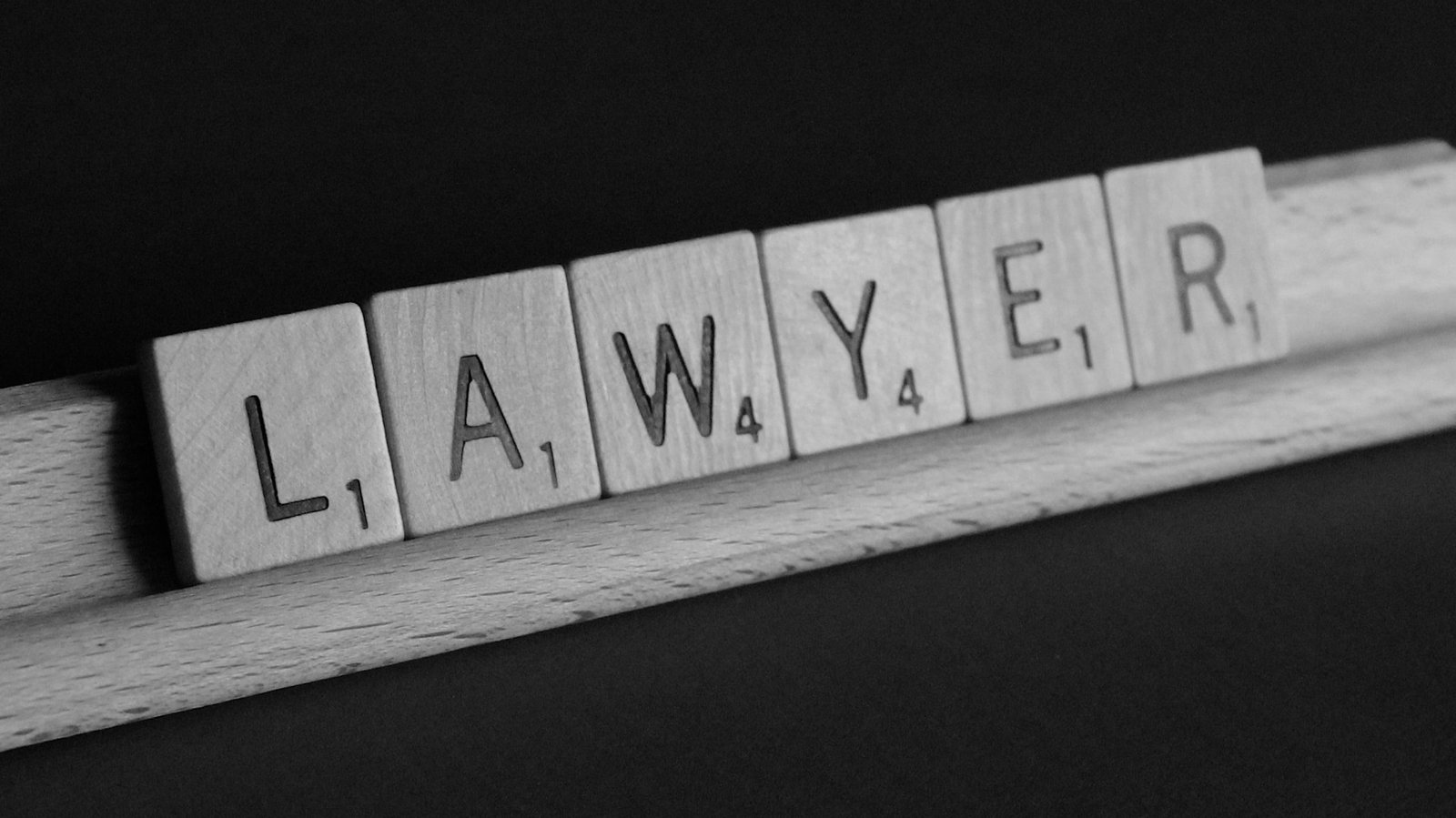How Much Does It Cost for a Family Lawyer? Legal Cost Factor
Family matters often involve complex legal processes, and having a skilled family lawyer by your side is crucial. But the burning question remains: How much does it cost for a family lawyer? Let’s dive into the intricacies of legal fees and unveil the factors that influence the price tag associated with family law representation.
1. Introduction
Family lawyers play a pivotal role in navigating legal complexities surrounding divorce, child custody, and other familial disputes. However, the perceived cost of hiring a family lawyer often acts as a deterrent for individuals seeking legal assistance. In this article, we’ll demystify the world of family lawyer fees, providing you with valuable insights into the various factors that contribute to the overall cost.

2. Factors Influencing Cost
The cost of hiring a family lawyer is not set in stone; it varies based on several factors. The complexity of the case, the experience and reputation of the lawyer, geographic location, and the type of legal fees involved all play a crucial role in determining the final bill.
3. Hourly Rates vs. Flat-Rate Fees
Understanding the billing structure is essential for managing your expectations and budget effectively. Hourly rates involve paying for the lawyer’s time spent on your case, while flat-rate fees provide a fixed cost for the entire legal service. Each option has its advantages and disadvantages, and we’ll explore them in detail.
Average Fees
The average fee for a family lawyer varies widely based on factors like case complexity, lawyer experience, and geographic location. Hourly rates typically range from $150 to $300, while flat-rate fees may vary from $3,000 to $5,000 for standard cases. Retainer fees, often required upfront, can range between $2,500 and $5,000. Contingency fees, if applicable, might involve a percentage of the final settlement, usually around 25% to 40%. Additional costs, including court fees and expert witness fees, can contribute to the overall expense. Negotiating fees and exploring free consultations can impact the final cost. It’s crucial to research, compare, and discuss fees transparently with potential lawyers to make informed decisions.
4. Retainer Fees
Many family lawyers require clients to pay a retainer fee upfront. This acts as a deposit and is used to cover future legal services. We’ll break down how retainers work, the importance of managing them wisely, and how they are replenished during the course of your legal proceedings.
5. Contingency Fees in Family Law
Contingency fees are common in personal injury cases, but are they applicable in family law? We’ll unravel the concept of contingency fees, discuss the types of cases suitable for this billing structure, and shed light on the typical percentage charged by family lawyers.

6. Additional Costs
Legal expenses extend beyond attorney fees. Court fees, filing costs, and expenses related to expert witnesses are often part of the equation. We’ll provide a comprehensive overview of these additional costs to ensure you are financially prepared.
7. Negotiating Legal Fees
Negotiation is a valuable skill when dealing with legal fees. We’ll share practical tips on negotiating with family lawyers, the importance of clear fee agreements, and why seeking cost estimates upfront can save you from financial surprises later on.
8. Free Consultations
Many lawyers offer free consultations, providing an opportunity for clients to discuss their cases without incurring initial costs. We’ll explore the concept of free consultations, guide you on making the most of these meetings, and offer insights on choosing the right lawyer after a consultation.
9. Legal Aid and Pro Bono Services
For individuals with limited financial means, legal aid and pro bono services can be a lifeline. We’ll outline the basics of legal aid, discuss the availability of pro bono services, and provide criteria for qualifying for these invaluable resources.
10. Researching and Comparing Costs
In the digital age, information is at our fingertips. We’ll guide you on utilizing online resources, seeking recommendations and reviews, and emphasizing the significance of transparency in cost disclosure when researching and comparing legal costs.
11. Common Misconceptions About Legal Costs
Misinformation can cloud your judgment when it comes to legal fees. We’ll address common myths surrounding family lawyer costs, emphasizing the importance of open communication with your legal representative.

12. Budgeting for Legal Expenses
Creating a budget for legal expenses is a proactive step towards financial preparedness. We’ll provide practical advice on budgeting for legal fees and offer insights into financial planning for potential legal challenges.
13. Tips for Reducing Legal Costs
While legal representation is crucial, there are ways to streamline costs. We’ll share tips on efficient communication with your lawyer, providing organized documentation, and resolving minor issues independently to keep legal expenses in check.
14. Case Studies
Real-life examples add depth to our understanding. We’ll present case studies illustrating the various facets of legal costs in family law cases, offering valuable lessons from different scenarios.
15. Conclusion
In conclusion, the cost of hiring a family lawyer is influenced by a myriad of factors. By understanding these factors and adopting proactive measures, you can navigate the legal landscape more confidently. Remember, informed decision-making is key to a successful legal journey.
FAQs (Frequently Asked Questions)
Are family lawyers willing to negotiate their fees?
Yes, many family lawyers are open to fee negotiations. It’s advisable to discuss and clarify costs before committing to legal representation.
What is the typical retainer fee for a family lawyer?
Retainer fees vary but commonly range from a few thousand to several thousand dollars, depending on the complexity of the case and the lawyer’s experience.
Can I get legal aid for family law matters?
Legal aid is often available for low-income individuals facing family law challenges. Eligibility criteria apply, and services may vary by jurisdiction.
How can I find a reputable family lawyer within my budget?
Utilize online resources, seek recommendations from trusted sources, and consider lawyers offering free consultations. Transparency in cost disclosure is crucial.
Is it possible to resolve family law issues without going to court?
Yes, alternative dispute resolution methods, such as mediation and collaborative law, can help resolve family law matters without the need for court intervention.


